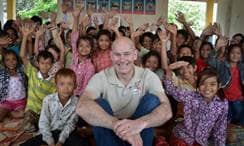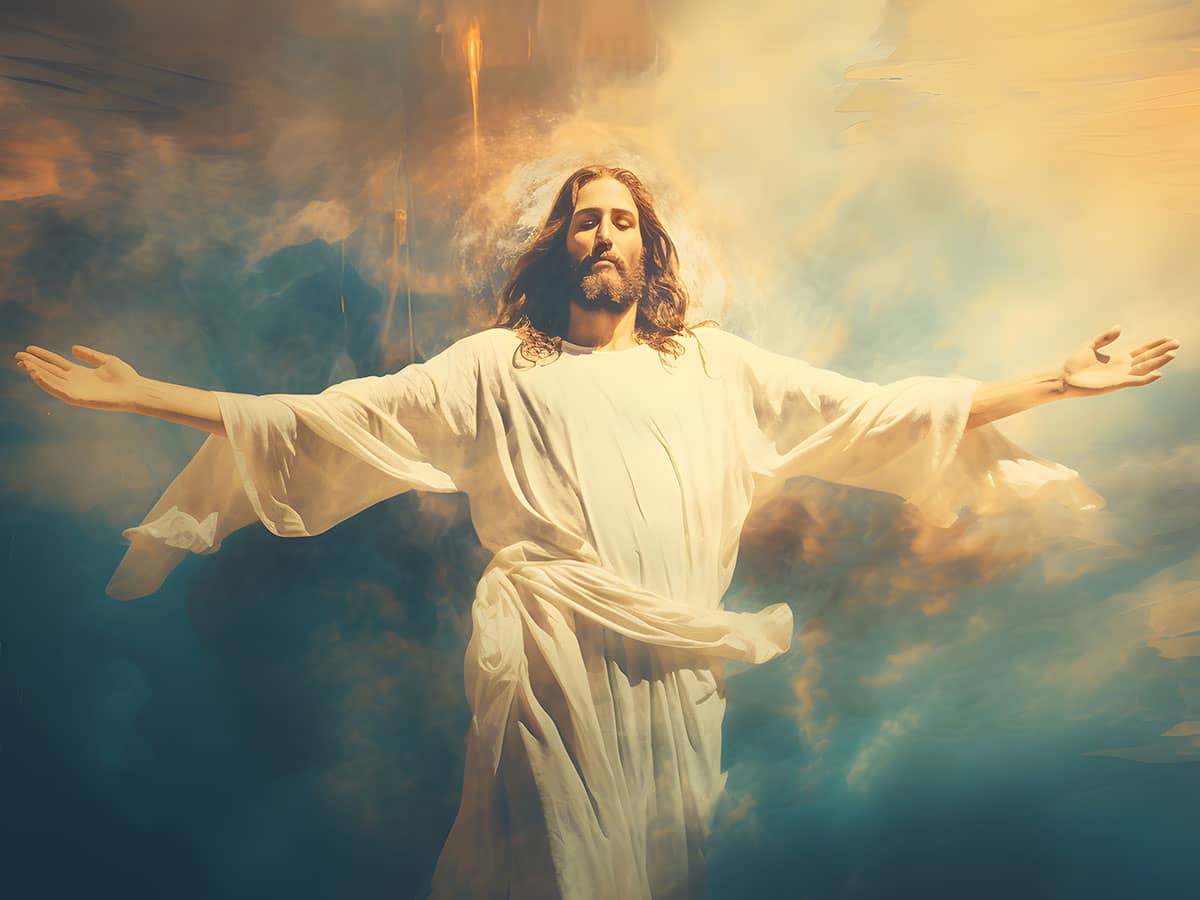World Vision will host a prayer vigil with their partners to pray for a bolder political influence at the United Nations General Assembly Wednesday, Sept. 5th in New York City in the fight against global poverty. Other faith-based organizations will join WV to acknowledge the progress since the birth of the Millennium Development Goals 13 years ago and to review goals for the post-2015 agenda.
Half a billion people are no longer living in extreme poverty since the launch of the initiative. About 30 percent of childhood deaths caused by malaria dropped to one quarter, according to the WV press release. This will not be enough. World and faith leaders need to continue the momentum if poverty is to be eradicated. President Kevin Jenkins of World Vision International is cautiously optimistic.
Have you seen stronger political leadership regarding the war on poverty over the last decade?
The Millennium Development Goals have focused global leaders’ minds around issues that are truly important in a way that we haven’t seen before. Some of the results are astonishing. Countries like Tanzania and Ethiopia have reduced the number of children dying from things like diarrhoea, TB or malaria by two thirds. It’s been powerful to have an agreed set of goals with a deadline.
How are you seeing God move?
I’m confident that God is already at work wherever we go. It’s our great privilege to participate in what he is already doing in a community. Interestingly, the broader development sector is increasingly recognising that sustainable transformation rarely occurs without a comprehensive approach, including attention to the spiritual side of life.
What has been the biggest hurdle with this initiative?
Poverty is complex, so addressing it is a long journey requiring grace, perseverance, commitment, funding, etc. One of the biggest hurdles is holding governments accountable for their promises – both in the developed world and in the developing world. It’s not enough to make a declaration or issue a press release, we need governments to follow through.
Has it been challenging to reach across various religious denominations to solve world hunger?
It is sometimes difficult, but also very rewarding. God loves all people and a hungry child looks the same, whatever religion her family belongs to. Parents and communities want what’s best for their children everywhere. In Muslim majority contexts, it’s often better to be a Christian organization than a secular one because they understand that we’re motivated by our faith. They sometimes call us ‘people of the Book’.
How have world leaders reacted or supported these efforts?
I would say that world leaders are just starting to grapple with this. An interesting example is the World Economic Forum, made up of leaders in politics, business and economics, recently established a Global Agenda Council to look at the role of faith, which I am chairing. It’s up to us to show that the best of faith can defeat the worst of religion.
What have you learned from your involvement?
I’ve learned that vulnerable people, including youth and children, often have great ideas on how to improve their situation. Giving them a voice is often one of the most impactful things we can do.
What is the biggest need facing the world before the 2015 deadline? There are huge numbers of children whose needs have not really been addressed yet. Those in fragile states and war zones, those with disabilities who are kept hidden at home, the refugees, the children with HIV. We don’t want to kid ourselves by meeting the targets on average, it’s essential that the most vulnerable children are also included.
Joining World Vision will be Bread for the World, the National Latino Evangelical Coalition, Micah Challenge USA, Sojourners, and the World Evangelical Alliance.


